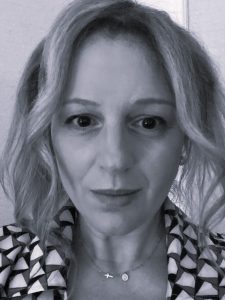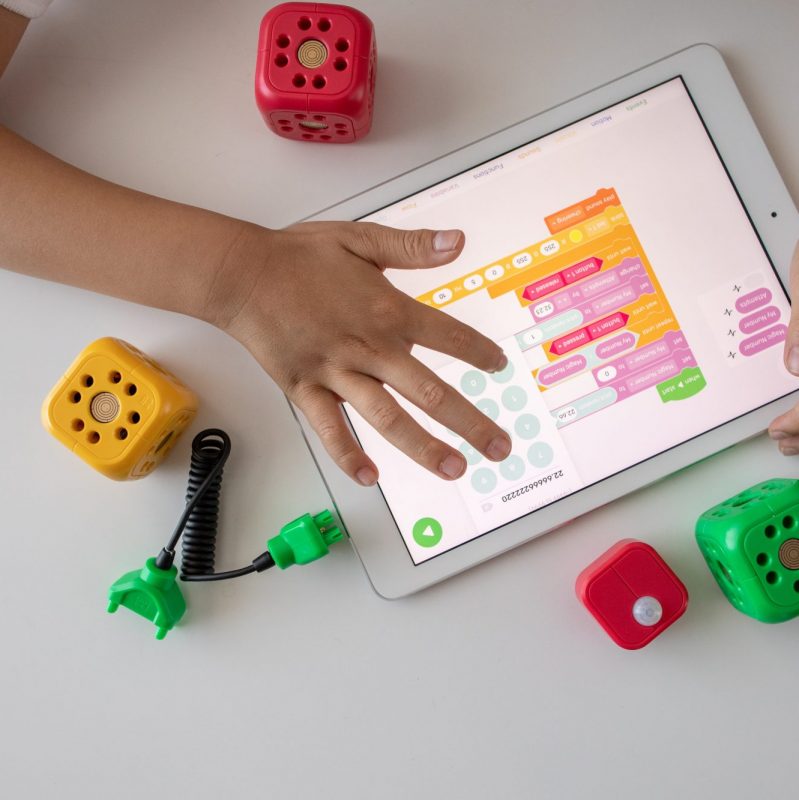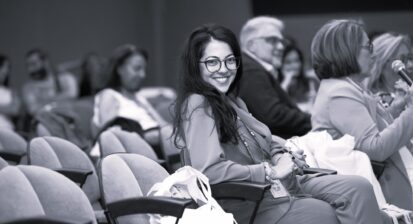INTERVIEW
Technology in the service of good
31.10.2022
by Danai Korre
SHARE
Science is not just a subject; it is a way of thinking. Professor Eleni Mangina talks to Greek Women in STEM about her career in computer science, the obstacles she encountered, interdisciplinarity and science for good.
Prof. Mangina carried out her PhD at the University of Strathclyde (UK), Department of Electronic and Electrical Engineering, and holds a M.Sc. in Artificial Intelligence from the Department of Artificial Intelligence at University of Edinburgh and a diploma in Agricultural Science from Agricultural University of Athens. She is currently Professor at the School of Computer Science, University College Dublin in Ireland, and the Vice Principal (International) for College of Science. Prof. Mangina is guided by her own definition of the art of persistence, that involves both courage and compassion with research integrity and authenticity, aiming inclusivity at all levels and is actively involved in research projects of Science for good. She is currently the Chair of Athena SWAN Bronze Award application for the School of Computer Science as an advocate of gender equality, diversion and inclusion in ICT (Information and Communications Technology).
Tell us about your research and what you’ve been up to lately.
My research path started in University of Edinburgh when I specialised in Artificial Intelligence. In 1998-2002 I completed my PhD at University of Strathclyde, working on Agent-based applications for intelligent data interpretation.
The last 20 years I have been a permanent academic member in University College Dublin, School of Computer Science. My lab operates at the intersection between applied Artificial Intelligence (virtual and augmented reality (VR/AR), Data Analytics, Unmanned Aerial Vehicle (UAVs), Information Systems and a portfolio development within interdisciplinary applications (i.e. Energy Sector and Educational Systems with extended reality (XR). The last 4 years as an IEEE Senior member I contribute actively to IEEE Standards, and I am the Executive Editor for the publications of the IEEE Global Initiative on XR Ethics.
Tell us about something you are proud of.
Throughout my career I have been proud of my dedication and perseverance to projects focused on Science for Good. I have led to completion the European-funded project AHA (AdHd Augmented). This project delivered an Augmented Reality (AR) solution for an existing online literacy program, which integrated a set of specific technologies and supported interactive educational content, services, assessment, and feedback. This project is the first of its kind to assess and quantify the impact of emerging technologies (AR) for educational digital tools and received the Educational Award 2020 in Ireland for Best Research project. There are 509,652 children enrolled in 3,305 primary schools in Ireland and 3–5% have ADHD (attention deficit hyperactivity disorder). Within this pilot, 117 students diagnosed with ADHD (4th — 5th class) participated. I believe a positive change on a kid’s life will have a tremendous positive impact on societies in the future. We need to invest more towards the younger generation (both time and money). I am confident that we head towards a better planet through the advancements of scientific research.
Given that your first degree is in agricultural economics, how did you decide to shift towards artificial intelligence and Educational Technology?
I grew up in a family with an agricultural business (vineyards and olive trees). Being the first grandchild to attend university, it was unavoidable to study Agricultural Science. Through the 5 years of my first degree at the Agricultural University of Athens, I was fascinated by the impact Artificial Intelligence and Computer Science can have on our lives. I have experienced the start of the WWW (World Wide Web) in 1989 and the start of Object-Oriented Programming in 1996. Over the last 26 years since my graduation in Athens (1996), I have seen the evolution of AI and the great contribution to our environment. I am still connected at heart with agriculture, there are many projects I am involved in through interdisciplinary research (sustainability and data analytics for crops’ diagnosis and monitoring) and I love it when I fly my drone over my vineyard in Greece.

How hard was this transition?
I think when you love our planet, and you love technology at the same time the transition is very easy. At the end of the day the two areas should be interconnected with the same aim for a better life quality in our planet. The Agricultural degree in Athens gave me a solid basis for Science. Science is not just a subject, it is a way of thinking: there is problem solving, critical thinking, proper research, and guidance by evidence. In a world that evolves, science also never stays still, and the progress of science is dependent on EdTech (Educational Technology).
What was the biggest obstacle you had to overcome?
I have been working in a male-dominated area and environment since 2002. As a female, I have crafted my meaning of persistence that involves both courage and compassion, along with research integrity and authenticity. After the period of 3 consecutive maternity leaves (the first one while studying), I was challenged to reinvent myself, as I had to be compared to male colleagues that had never taken a career break. I decided to do what I truly loved and what inspired me, so I focused on training in robotics and emerging technologies. This decision has seen extraordinary outcomes in the last 11 years in my teaching and research portfolio. Looking back, it was a challenge, but choosing to do what I love doing was not a struggle and I can now coach other females in the area, given the latest success as a Chair of the Athena SWAN Bronze award of our School in Computer Science in UCD.
Given your multidisciplinary background and your career path, is there anything that you wish you would have done differently?
Under the economic and societal conditions I was brought up with, I believe that I did my best and availed of every opportunity life brought me. If there is something I would advise everyone in early career is to learn to be in control and present in every situation, give their best in every task and keep expectations high on their own achievements but low on other people’s so that there is no disappointment. Always move forward…
Learn more about Prof. Mangina in her website or connect with her in Linkedin and twitter.

RELATED ARTICLES

STEAMy intimate relations
or why art & science are a two-way street

Just like in Theater, Teamwork is the Key to Success in Science!
Parkinson’s Disease Research, the Role of Theater in Science, and the power of teamwork

Archive
Find all our past articles chronologically organized in our archive.
CONTACT US
____________
greekwomeninstem@gmail.com
Do you have ideas, questions, comments or special requests?
Would you like to highlight your research project or nominate a researcher that you would like to learn more about?
Please write to our email or fill out the form and hit “send”. We will be happy to talk with you!
[contact-form-7 id=”44″ title=”Contact form 1″]

